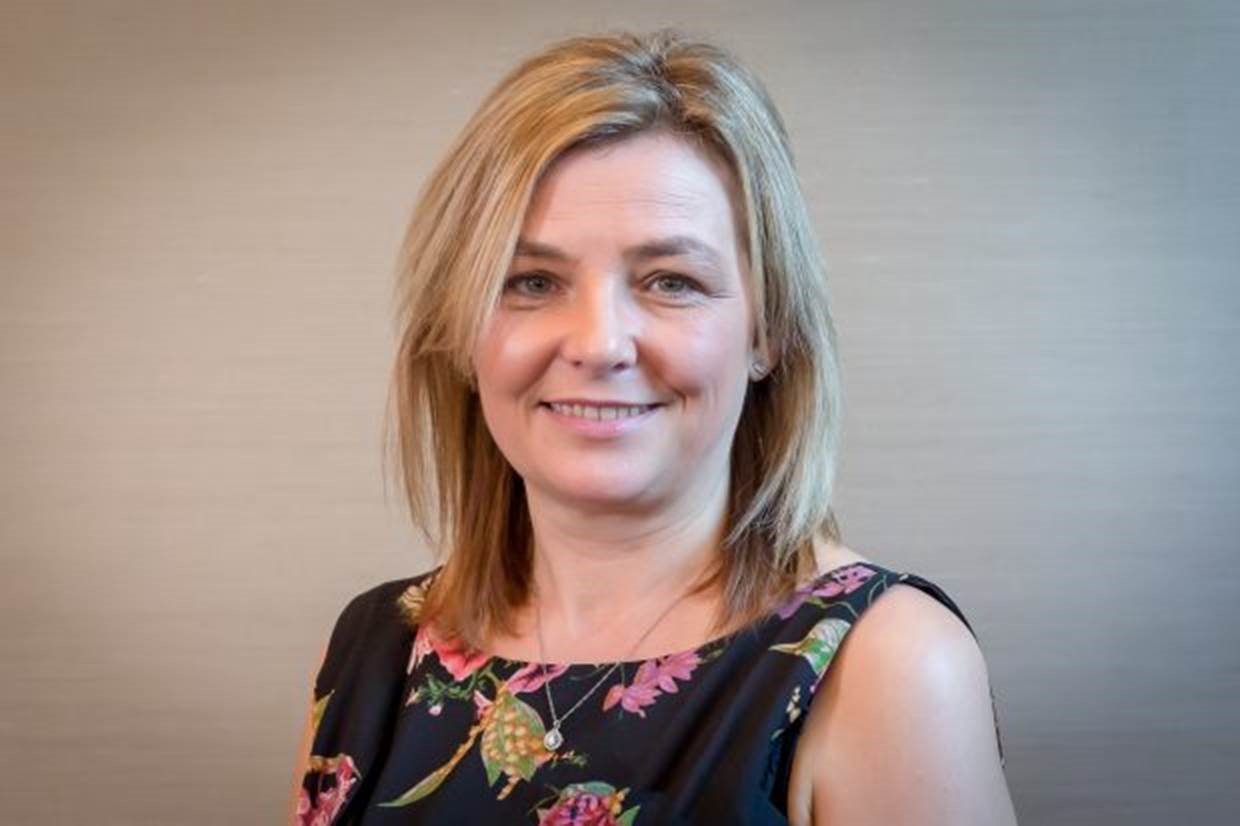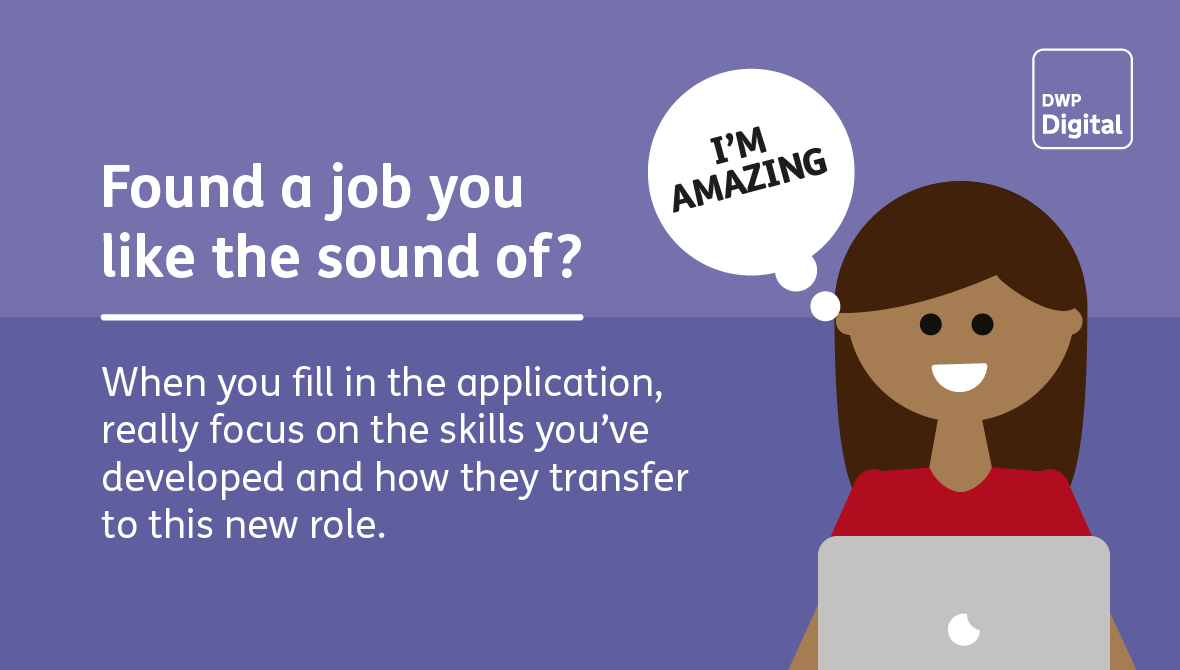
We’re hiring digital specialists to join us, but getting hired at DWP Digital is a rigorous process. Here are some tips and advice to help you prepare.

Emma Murray is a change manager in our Blackpool hub. She says:
“Having recently gone through the process, I had first-hand experience of overcoming the insecurities of completing an application form. I was applying for two vacancies requiring different essential skills so submitting the same information for both wasn’t an option.
“Recent research shows that men apply for a job when they meet only 60 per cent of the qualifications, but women apply only if they meet 100 per cent of them. So, the driving force that kept me going was the desire to be more confident and beat the stereotype.”
Success profiles
The Civil Service has recently introduced ‘Success Profiles’ ‒ a new structure for selecting candidates for interview.
Success Profiles give us the best chance of finding the right person for the job. And they make it clear what you need to demonstrate to be successful. It’s a fairer and more inclusive way of recruiting.
They are made up of five elements:
- Experience
- Strengths
- Behaviours
- Technical
- Ability
Not all elements are relevant to every role. This means that people applying for roles have more opportunities to demonstrate their strengths, experience, and potential for a role.
Emma’s strategy for success
“I took my time to digest the essential and desirable criteria of each post,” she says. “And I drafted two separate career histories and personal statements to demonstrate my skills and achievements appropriate to each job.
“Just by pressing submit I felt like a winner, because I had overcome my fears of applying, and had applied for two jobs I was too scared to apply for before. I was offered an interview for both, and happily accepted one of them in infrastructure services.”

Your application
You’ll be asked to provide a personal statement about why you’re suitable for the role.
Success Profiles have been brought in to change recruitment in the Civil Service, making it modern, fairer and more inclusive. You’ll be given a broader range of opportunities to show your suitability for the job role, and helping us match the best candidate to each role. Check out our guide to Civil Service Success Profiles.

Our tips and advice
- Read the job description and application form thoroughly, and identify the behaviours they’re looking for. Prepare more than one example of how you fit each job criteria, just in case you’re asked to give more details.
- Use all the words available to you. A DWP Digital personal statement is usually 1,200 words. Your personal statement and career history is your chance to show off your strengths and achievements in your previous roles. Use it to describe who you are as a professional, what you have to offer, and where you’ve worked before. It should be tailored to the advertised job.
- Include details of any relevant interests you have outside of the workplace that reinforce your skills and strengths. Things like volunteering to support youth groups can demonstrate qualities that you could bring to the job.
- Don’t use jargon that the reader won’t understand, as it will make it difficult for the vacancy holder to absorb what you’re telling them.
- Before you go into your interview, have five minutes to yourself to get yourself in a calm and positive frame of mind.
- If you’re asked about something that you haven’t had experience in doing, talk about how you would go about doing it. Think of it as a maths question. If you just put your answer and it’s wrong, you get no mark, but if you show your thought process, you’ll get marks for it, even if your answer is wrong.
- In interviews, be yourself and provide your first natural response to questions. You can’t fake a strength, so be true to yourself. Strength-based questions are designed to assess your potential and motivation to use a skill. Use them to bring out your personality.
Ready to apply? Find a job at DWP Digital.
